Named after Brussels, the city in Belgium where this vegetable was first referenced in the 1200s, this miniature cabbage may have been cultivated in Italy during the reign of Roman emperors. It only reached the U.S. shores in the 1800s. Thomas Jefferson was said to have grown it in Monticello during this time, using seeds brought by his European friends.
Just like other cruciferous vegetables such as cabbage, radishes, cauliflower and kale, Brussels sprouts are a cool weather crop with a nutty, earthy, mildly buttery taste and the appearance of miniature cabbage heads. Unlike their larger counterparts, the best flavor can be achieved when they’re placed into a very small amount of water and steamed, drained and served immediately with a little salt.
Overcooking Brussels sprouts will not only destroy their nutrients, but their flavor, consistency, color and, most noticeably, their aroma. As with cabbages, Brussels sprouts can emit a sulfur-like aroma if cooked for too long.
For a culinary change, try serving steamed Brussels sprouts as a side dish with a honey mustard or cheese sauce, or roasted and tossed together with toasted pine nuts, freshly grated parmesan cheese, olive oil and balsamic vinegar.
Health Benefits of Brussels Sprouts
Vitamin K is one of the biggest benefits to come from Brussels sprouts. With 177 micrograms per 100-gram serving, this vitamin promotes strong bones. The vitamin C content comes in at a close second, with 85 milligrams per 100-gram serving. This vegetable is very low in saturated fat and cholesterol and may offer riboflavin, magnesium and phosphorus.
Brussels sprouts are also a good source of fiber, vitamin A, thiamin, folate, potassium and manganese, as well as copper, calcium and iron. The potassium content helps control the heart rate and blood pressure by balancing the rather high sodium levels.
| Brussels Sprouts Nutrition Facts
Serving Size: 3.5 ounces (100 grams), raw |
||
| Amt. Per Serving |
% Daily Value* |
|
| Calories | 43 | |
| Calories from Fat | 3 | |
| Total Fat | 0 g | |
| Saturated Fat | 0 g | |
| Trans Fat | ||
| Cholesterol | 0 mg | |
| Sodium | 25 mg | |
| Total Carbohydrates | 8.95 g | |
| Dietary Fiber | 3.8 g | |
| Sugar | 2.20 g | |
| Protein | 3.38 g | |
| Vitamin A38 ug | Vitamin C | 85 mg |
| Calcium42 mg | Iron | 1.40 mg |
Studies Done on Brussels Sprouts
Research in the Netherlands reported Brussels sprouts’ potential to fight cancer and other diseases by helping the body detoxify. Eating them may boost the body’s natural defense systems and promote healthy DNA, which can be damaged when natural chemicals in the cells begin replicating faster than normal.
The study, which involved two groups of men, saw half of the group ingest 300 grams of Brussels sprouts per day, while the other did not. After five weeks, results showed a 28% decrease in DNA damage in the group eating the sprouts. Further studies indicate that Brussels sprouts may have cancer-fighting abilities for men in particular.
The way that cruciferous vegetables such as Brussels sprouts are prepared matters. One study in 2011 shows that not only can Brussels sprouts produce enzymes to detoxify the body from cancer-inducing properties, but steaming them also brings out the best combination of benefits. A plentiful supply of glucosinolates found in Brussels sprouts plays a large part in this detoxifying action in the cells.
Brussels sprouts fun facts
Brussels sprouts are on a fairly short list of foods that may boost libido, but the scientific evidence for this has yet to be published.
Summary
Brussels sprouts may be good for you, but remember not to overcook them. There are some very delicious recipes starring this little superfood, but you may miss out on their health benefits if they’ve been cooked too long. Give them a try and discover the delicious and nutritious benefits of this oft-maligned crucifer.

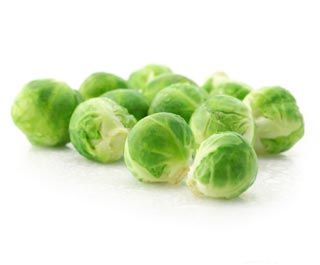
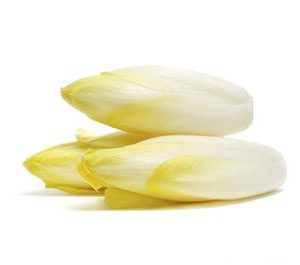
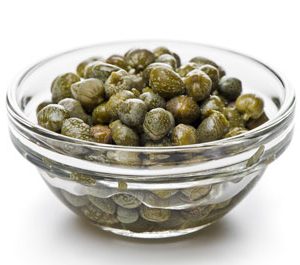
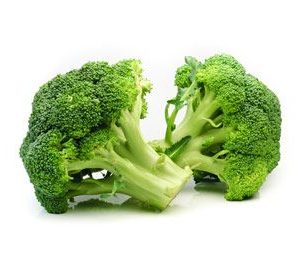
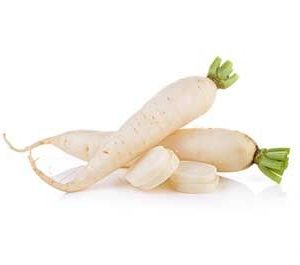
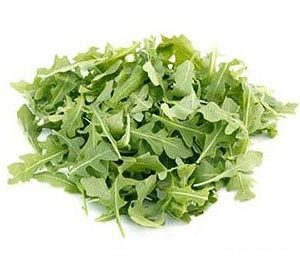
Reviews
There are no reviews yet.